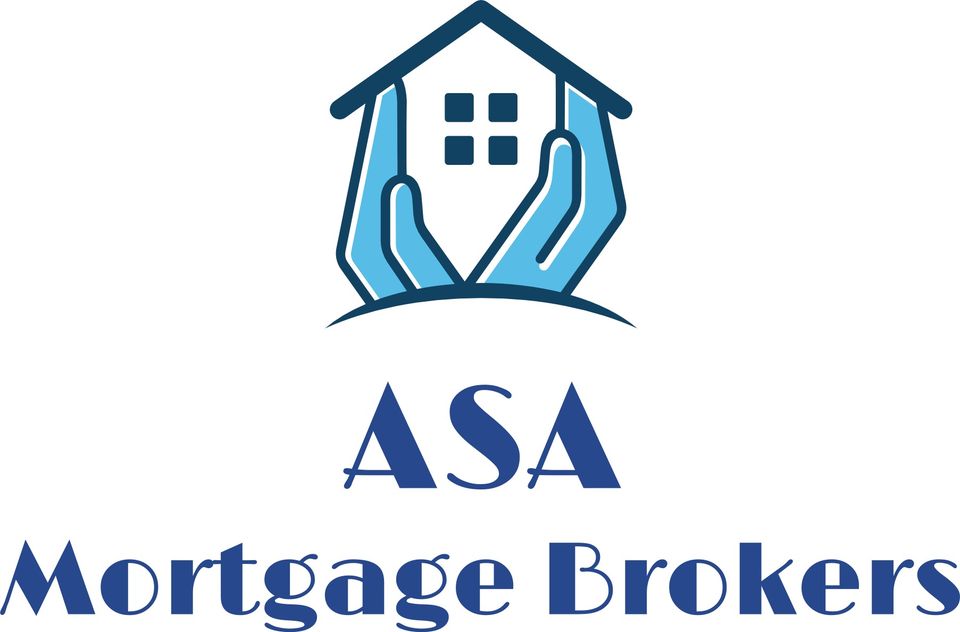If you are self-employed, you can still find a loan that is right for you.
More and more Australians are turning to self-employment for the flexibility and freedom it can offer. Whether you run a small business, freelance or work for yourself – earning your income and working your hours can be hugely rewarding.
While self-employment has many benefits – it can sometimes create challenges when applying for a loan and proving your income.
While many big banks shy away from self-employed borrowers, speciality lenders work to understand the whole picture and find flexible finance tailored to you.
What is a self-employed home loan?
If you are a small business owner, contractor, seasonal worker or freelancer – your situation might look slightly different from that of a standard borrower. So, if you need finance – you might need a loan tailored just to you.
Many lenders will not consider these borrowers because their business is new or does not have traditional income documentation. For example, traditional lenders might require the last two years’ audited personal and business tax returns to confirm income, but this might not be readily accessible for a self-employed borrower.
Speciality lenders, on the other hand, are flexible and find ways to verify unique financial situations. In addition, they will work with you to find alternative documentation to assess your ability to repay the loan.
So, whether you have unconventional income, a small deposit or need flexible ways to expand your business – there may still be finance solutions available to you.
Can I get a home loan if I am self-employed?
Yes. While the application process is slightly different for self-employed borrowers, many options are still available to suit your circumstances.
If you have tax returns, tax assessment notices and business financials going back at least two years, you may meet all the standard requirements to apply for a regular home loan. But, if you do not – help is available.
It is essential to find a lender who will work with you to understand your business and your circumstances. Speciality lenders or non-banks cater to the needs of self-employed borrowers, so be sure to do your research when shopping around.
Bigger banks can take longer to approve self-employed borrowers, may be rigid about their documentation requirements and may be less inclined to look at the whole picture.
It is also important to remember that a rejected application will show on your credit file and can be a red flag on future applications, so be sure to get it right the first time.
How do I get a home loan if I am self-employed?
So, now that you understand what a self-employed home loan looks like – here is how to get one.
Step 1: Keep on top of your records.
If you are self-employed, it is vital to keep accurate and up-to-date financial records. When applying for a loan, providing full financials can give you more flexibility regarding borrowing. But, if your financials are not up to date, there are still options when it comes to getting a loan and verifying your income.
Step 2: Save for a deposit
Generally, most lenders will want to see a 5% deposit when applying for a home loan. But, if you are new to your industry without a long work history in the same field, you might need to save a larger deposit.
It is also worth noting that some first-home buyers may be eligible for government grants to help with their purchase. These benefits depend on which state you live in, what financial documents you have and which income threshold you sit in – so be sure to check what you might be eligible for.
Step 3: Speak to an adviser.
Before you start shopping around, you should talk with a professional to determine which loan is right for you.
A broker or adviser will know which lenders work best for self-employed borrowers and will be able to guide you through the process from start to finish. This can help increase your chances of getting approved, so be sure to involve your adviser early on.
Step 4: Get pre-approval
While you might be tempted to find a property before finding the right finance, it is usually best to see what loan amount you qualify for first. That way, you know what you can afford when you start inspecting homes and can have confidence when it comes time to put in an offer.
Step 4: Find your home.
This is the fun part! Work with a real estate agent to find your home or investment property that fits your budget, preferences and long-term goals.
Step 5: Wait for final approval.
Once you have found the house, your broker or adviser will submit your loan application for formal approval. Then, your lender will arrange to conduct a valuation on the property to ensure it is acceptable security for the loan.
Step 6: Signed, sealed, and delivered
You are almost there! You will need to sign your final loan documents to accept the offer and provide any further documentation the lender has asked for. You may also need to get other loan holders, guarantors or trustees to sign these too. Once the lender is happy with all the documents, they will make the loan proceeds available to buy your home.
What are typical loan requirements for self-employed people?
Each lender has different requirements and policies when it comes to lending to self-employed borrowers. Big banks or traditional lenders typically want to see:
- Proof of self-employment across the last two years
- At least two years of tax returns, including the most recent year
- Accompanying financial statements, including profit and loss and balance sheets
- All your documentation lodged with the ATO
Speciality lenders or non-banks understand that self-employed borrower cannot always meet these rigid requirements. As a result, they are generally more flexible regarding the documents they accept from self-employed home loan applicants.
For example, suppose you have only been self-employed for a year (or, in some cases, less). In that case, you may still be able to get approval if your business bank account or activity statements show substantial turnover. The same can apply if your bank statements show sufficiently high cash deposits.
This is especially true if you are now self-employed but can show steady income over a more extended period at a previous employer in the same industry. And, if you do not have current tax returns, some lenders may accept a letter from your accountant confirming your current income levels.
What are the best loans if I am self-employed?
The most suitable home loans will likely come from a speciality lender who can better understand your circumstances if you are self-employed. They can offer a broader range of finance solutions, combined with a competitive interest rate and flexible loan features.
Many traditional banks will require extensive documentation going back at least two years. Therefore, no matter which lender you decide to go with, it is essential to be upfront and honest about your financial situation and choose a lender willing to work with you.
It is always best to be selective about the lender you decide to apply with and understand how likely it will approve you beforehand. Every home loan application you submit has the potential to impact your overall credit score, so it is crucial to get it right the first time. Also, some lenders will more readily provide ongoing financing support compared to traditional banks.
Do I need a broker to get a home loan if I am self-employed?
For self-employed borrowers, the first thing to do is to talk with your financial advisor or accountant. They can help ensure that a loan will fit into your budget and your long-term financial strategy.
When it comes to finding the right loan, a broker or loan adviser is best equipped to help you navigate the application process. With expert knowledge about lenders, products, grants, and schemes, an adviser can take the hard work of looking at your options and getting you to yes sooner.
To discuss your home loan needs, contact ASA Mortgage Brokers today to book your FREE consultation appointment.
The information is a compilation from various sources for your benefit and should not be relied upon instead of appropriate professional advice. This article is prepared based on general information. It does not consider individual financial objectives or needs and is not financial product advice, and the content quoted from Liberty Financial Blog.

